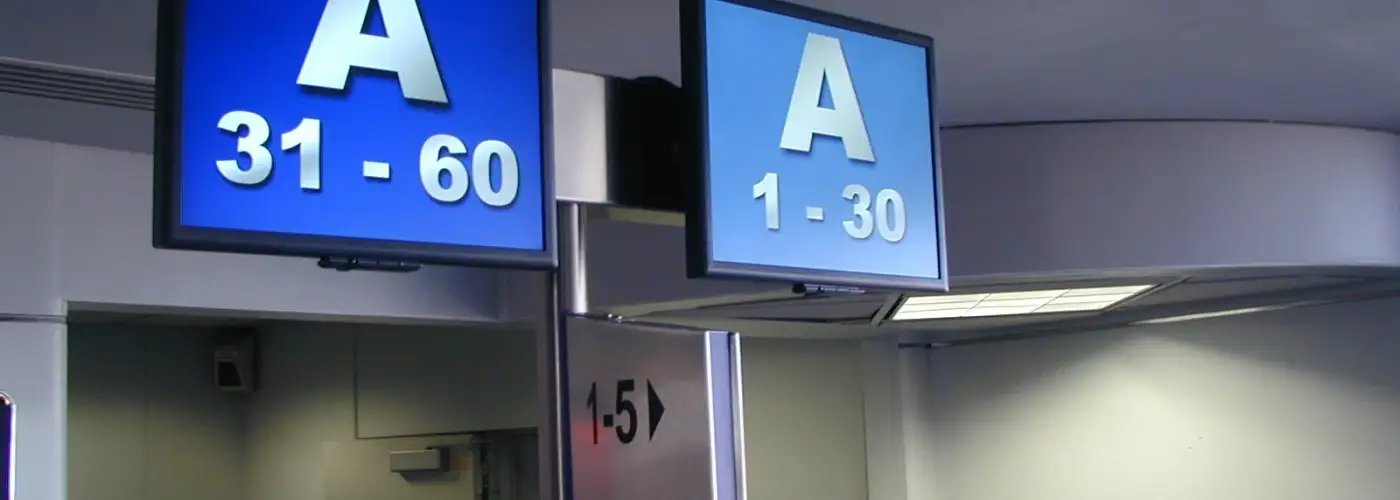Southwest just reported its its 69th consecutive quarterly profit.
Sure, the latest results are partly due to Southwest’s fuel hedging strategy, which has largely shielded the airline from the recent surge in jet fuel prices that has so disastrously affected most other carriers.
But Southwest’s truly astounding record has been achieved over many years, spanning good times and bad, oil price dips as well as spikes. Southwest is nothing if not a well-run business.
So when Southwest speaks, anyone with an interest in the airline business is bound to listen. And when Southwest addresses the issue of mileage programs, I listen particularly closely.
Following is an excerpt from an interview with Southwest Airlines CEO Gary Kelly, conducted by Rick Seaney, published earlier this week:
Which brings us to the matter of loyalty programs. With reduced flight capacity, higher fares and more fees, loyalty programs are changing, too, Kelly said. And when it comes to a lot of airlines, it’s getting harder and harder to use your loyalty awards to get a seat. Kelly voiced what everyone else is thinking. “It just begs the question,” he said, “what good is the loyalty program for the industry?”
It’s a fair question, and certainly one on the minds of millions of frequent flyer program members who have watched in dismay as the airlines ruthlessly devalued their miles. But Kelly’s implied prognosis—that loyalty programs have no future—fails to take into account the whole picture.
For the legacy carriers, frequent flyer programs are now only partially about loyalty. More to the point in today’s profit crunch, they are also revenue-generators—profit centers unto themselves. The sale of frequent flyer miles to [% 2631643 | | credit card companies %], hotel chains, and hundreds of other companies that award miles as sales incentives is a big business, and a very profitable one for the airlines.
Just how integral mileage programs are to the business of major airlines was brought into sharp focus earlier this week with the announcement by United that Chase, its credit card partner, has agreed to advance United $600 million toward the future purchase of frequent flyer miles, and has extended its contract to issue the Mileage Plus-branded Visa card.
Chase needs United’s mileage program to market its credit cards. And United needs the revenue generated from the sale of miles to Chase and other program partners to remain in business. So United’s Mileage Plus program isn’t going away any time soon. Nor are the programs of other large carriers.
While Kelly may be ambivalent about Southwest’s program—and Rapid Rewards is in some ways a decidedly lackluster program—other airlines have a pressing financial interest in maintaining their programs’ viability.
So the real question isn’t whether the airlines will maintain their programs—it’s how they will maintain consumers’ interest in them.
We hand-pick everything we recommend and select items through testing and reviews. Some products are sent to us free of charge with no incentive to offer a favorable review. We offer our unbiased opinions and do not accept compensation to review products. All items are in stock and prices are accurate at the time of publication. If you buy something through our links, we may earn a commission.
Related
Top Fares From
Today's Top Travel Deals
Brought to you by ShermansTravel
Shop and Save with Country Inns...
Patricia Magaña
 Hotel & Lodging Deals
Hotel & Lodging Deals
$229 -- Chicago: Discounted Rates and...
Francesca Miele
 Hotel & Lodging Deals
$229+
Hotel & Lodging Deals
$229+
$188 -- Honolulu: Save on Oceanview...
Abigail Lamay
 Hotel & Lodging Deals
$188+
Hotel & Lodging Deals
$188+




